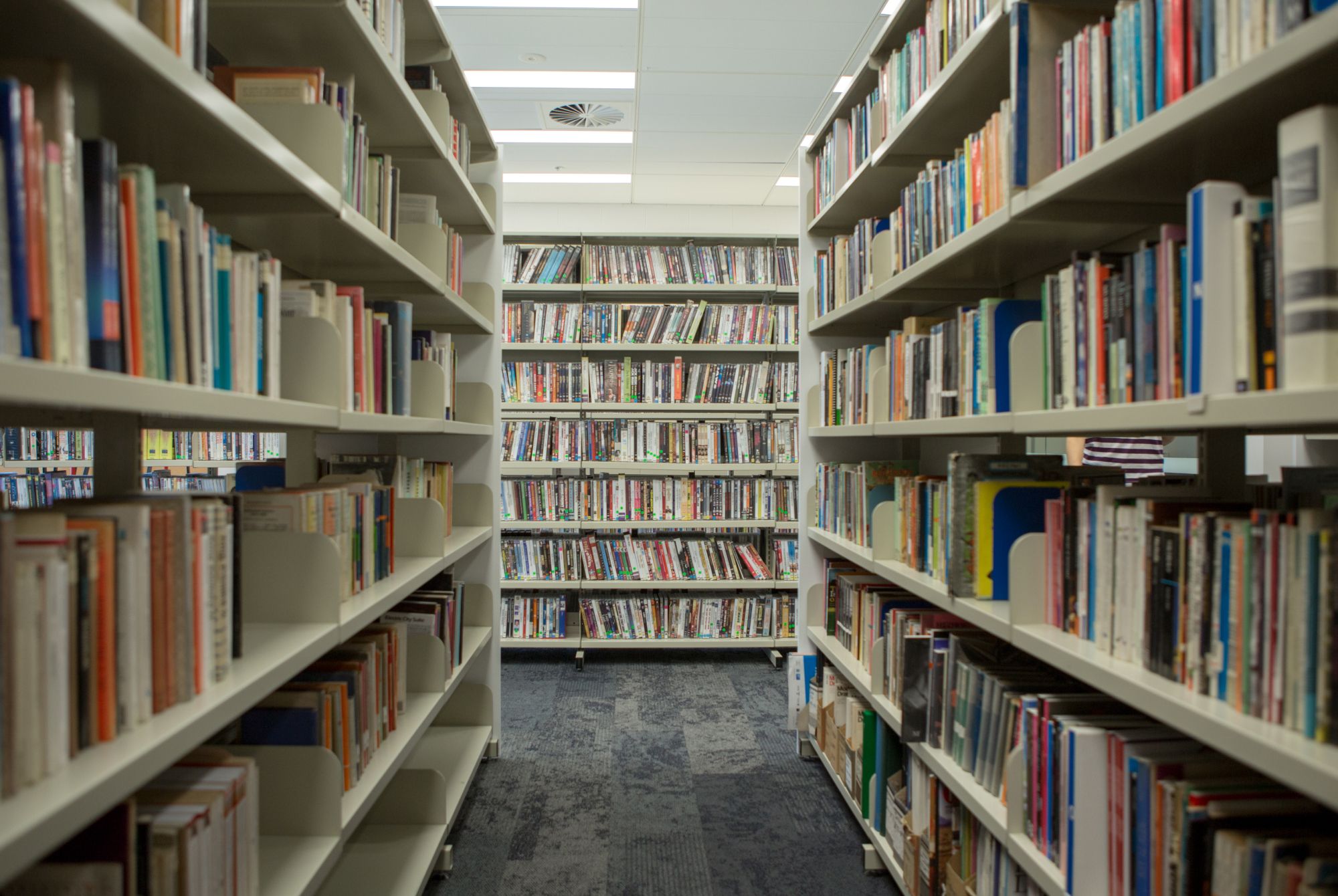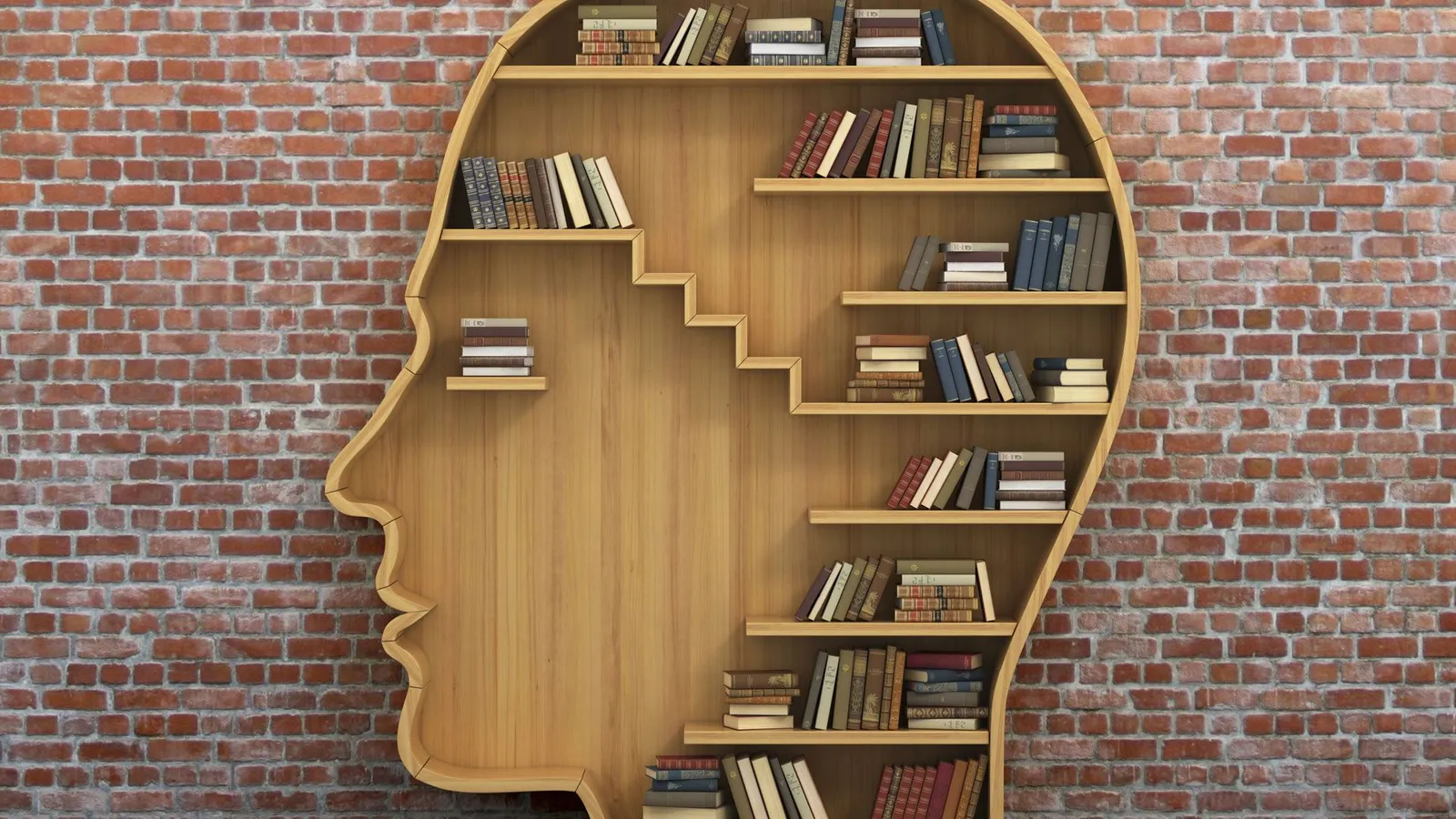Library Store

Library
A library is a collection of books, and possibly other materials and media, that is accessible for use by its members and members of allied institutions. Libraries provide physical (hard copies) or digital access (soft copies) materials, and may be a physical location or a virtual space, or both.
A library's collection normally includes printed materials which can be borrowed, and a reference section of publications which are not permitted to leave the library and can only be viewed inside the premises.
There may be other physical resources in many formats, such as commercial releases of films, television programmes, other video recordings, radio, music and audio recordings on DVD, Blu-ray, CD and cassette, besides access to information, music or other content held on bibliographic databases.
History
The history of libraries began with the first efforts to organize collections of documents. The first libraries consisted of archives of the earliest form of writing—the clay tablets in cuneiform script discovered in Sumer, some dating back to 2600 BC. Private or personal libraries made up of written books appeared in classical Greece in the 5th century BC. In the 6th century, at the very close of the Classical period, the great libraries of the Mediterranean world remained those of Constantinople and Alexandria.
The Fatimids (r. 909–1171) also possessed many great libraries within their domains. The historian Ibn Abi Tayyi’ describes their palace library, which probably contained the largest collection of literature on earth at the time, as a "wonder of the world". Throughout history, along with bloody massacres, the destruction of libraries has been critical for conquerors who wish to destroy every trace of the vanquished community's recorded memory. A prominent example of this can be found in the Mongol massacre of the Nizaris at Alamut in 1256 and the torching of their library, "the fame of which", boasts the conqueror Juwayni, "had spread throughout the world".
The libraries of Timbuktu were established in the fourteenth century and attracted scholars from all over the world.

For Students

For students to grow into functioning adults, they must have as much access to learnable resources as possible. Books, computers, encyclopedias—they all provide the information they need to learn and build their intelligence. If a school facility lacks space for these necessary resources, students won’t learn anything.
So educational facilities provide students and staff with school libraries. These libraries contain hundreds, if not thousands, of reading and research material for students to have the freedom to explore. It’s also a quiet space for tutoring, studying, and working on projects. The importance of a school library for students is a crucial part of their growth, so here are a few reasons why.
Book Types
Adventure Fiction
Adventure fiction is a type of fiction that usually presents danger, or gives the reader a sense of excitement. Some adventure fiction also satisfies the literary definition of romance fiction.
An adventure is an event or series of events that happens outside the course of the protagonist's ordinary life, usually accompanied by danger, often by physical action. Adventure stories almost always move quickly, and the pace of the plot is at least as important as characterization, setting, and other elements of creative work.

Classic Book
A classic is a book accepted as being exemplary or particularly noteworthy. What makes a book "classic" is a concern that has occurred to various authors ranging from Italo Calvino to Mark Twain and the related questions of "Why Read the Classics?" and "What Is a Classic?" have been essayed by authors from different genres and eras (including Calvino, T. S. Eliot, Charles Augustin Sainte-Beuve).
The ability of a classic book to be reinterpreted, to seemingly be renewed in the interests of generations of readers succeeding its creation, is a theme that is seen in the writings of literary critics including Michael Dirda, Ezra Pound, and Sainte-Beuve.
These books can be published as a collection (such as Great Books of the Western World, Modern Library, or Penguin Classics) or presented as a list, such as Harold Bloom's list of books that constitute the Western canon.[1] Although the term is often associated with the Western canon, it can be applied to works of literature from all traditions, such as the Chinese classics or the Indian Vedas.
Crime Fiction
Crime fiction, detective story, murder mystery, mystery novel, and police novel are terms used to describe narratives that centre on criminal acts and especially on the investigation, either by an amateur or a professional detective, of a crime, often a murder.
It is usually distinguished from mainstream fiction and other genres such as historical fiction or science fiction, but the boundaries are indistinct. Crime fiction has multiple subgenres,[2] including detective fiction (such as the whodunit), courtroom drama, hard-boiled fiction, and legal thrillers. Most crime drama focuses on crime investigation and does not feature the courtroom. Suspense and mystery are key elements that are nearly ubiquitous to the genre.

Our Mission
We want to help people to get High-Quality Knowledge
Contact us
- 11679 Co Rd 49, Slocomb, AL 36375, USA
- [email protected]
- 1(0049)327-62-15
- 7/31